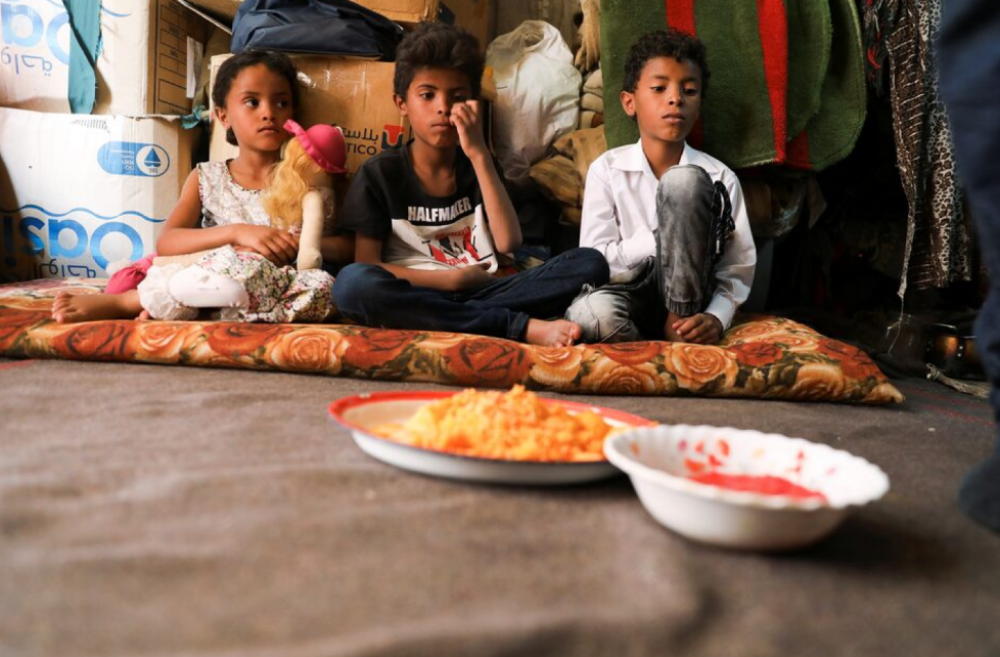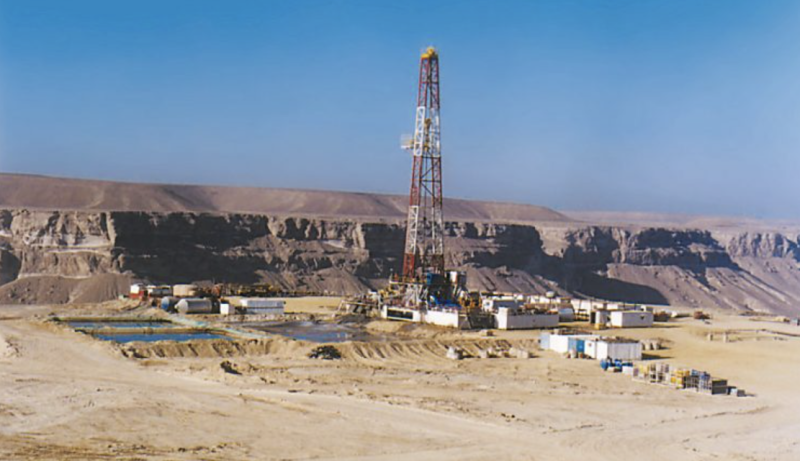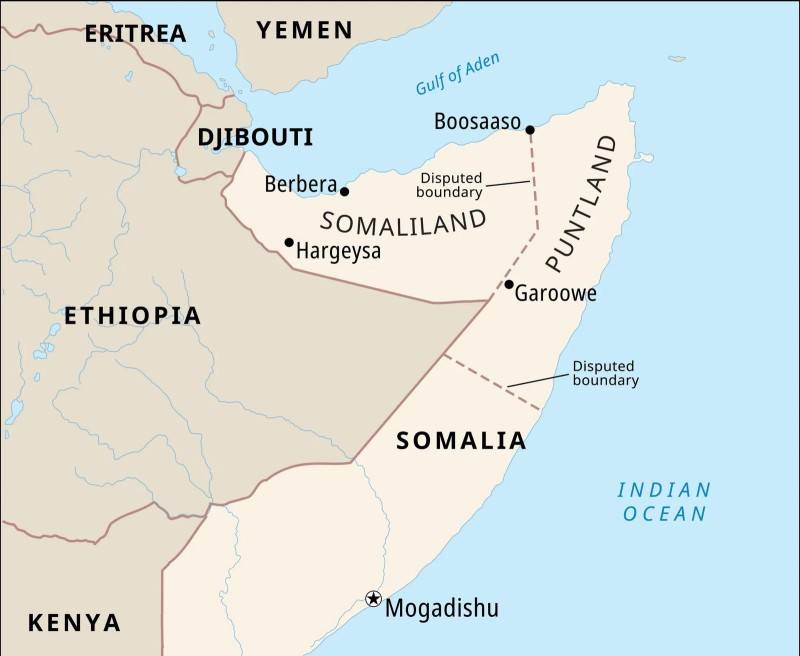Food Insecurity in Yemen Reaches Highest Level, Warns UN


Statements attributed to a Houthi group leader denying that Yemenis in the militia-controlled areas lack access to adequate food, sparked anger across the country.
The Houthi leader statements coincided with a UN report confirming that Yemen's food insecurity crisis reached the highest recorded level in more than a year.
The World Food Program (WFP) said that in February 2024, more than half of the surveyed households in Yemen (53%) indicated lacking access to adequate food, reaching the highest recorded level over the past 17 months.
“This represents an increase by merely one percent from a month earlier and by eight percent compared to a year before,” WFP said.
It showed that the prevalence of inadequate food consumption reached 57% in February 2024, up by 10 percent year-on-year, mainly because the Yemeni riyal slid to an all-time low at end of February 2024.
Also, the report indicated that key drivers include low foreign currency reserves and revenue shortages due to reduced crude oil exports and remittance inflows.
It added that the worsening economic situation has also led to rising food and fuel prices to unprecedented levels, leaving many households unable to access to adequate food.
A WFP analysis data also revealed that nearly 17% of surveyed households in government-controlled areas reported high food prices as a main challenge to access an adequate diet, threatening to worsen the food security situation in the coming period, especially given the lack of funding for the program.
Also, around 51% were unable to access adequate food in areas under the Houthi-controlled areas, an increase of 11% compared to November and by eight percent year-on-year.t
Meanwhile, the WFP warned that the repercussions of the current tension in the MENA region, coupled with the gap triggered by the pause in food assistance could negatively impact food prices in the Houthi-controlled areas during the coming months.
Earlier, Yemeni activists circulated statements attributed to Houthi leader Nasr al-Din Amer, in which he denied that Yemenis in the militia-run areas lack access to adequate food.
“There is no hunger in Yemen, and no beggars in Sanaa,” he stressed.
Amer claimed that beggars arrested in the streets of the capital were members of the General Popular Congress party, led by former President Ali Abdullah Saleh, accusing its leaders of attempts to tarnish the Houthi image.
His statements sparked widespread ridicule and controversy on social media. Activists shared photos and documents proving that Houthi leaders, including Amer, had gained fortune during the coup years compared to the widespread manifestation of hunger and poverty among residents in their controlled areas.
Yemeni activist Ismail al-Jarmozi revealed some figures from Amer’s monthly allowances, which amount to more than $4,500. He wrote that with a similar salary, it is normal for Amer not to feel hungry or understand poverty as the rest of the Yemenis do.

The Arab League, the Muslim World League, and several Arab and Islamic countries have called for an immediate halt to military escalation in Yemen,…

Hargeisa -- In the first international recognition since it declared independence from Somalia in 1991, Israeli Prime Minister Benjamin Netanyahu a…

In his first Christmas address titled Urbi et Orbi, Pope Leo XIV called on the world to embrace responsibility as the surest path to achieving peac…